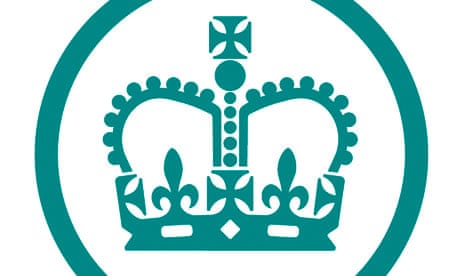HMRC’s Return to Crown Preference is Unfair

Expect more companies to go bust from April 2020, unless the government halts plans to make HM Revenue & Customs (HMRC) a secondary preferential creditor in insolvencies.
These plans are consultative, but could impact creditors significantly if implemented. As a preferential creditor, HMRC could claim overdue penalties, VAT, PAYE, and national insurance contributions dating back 21 years.
30 years after the introduction legislation was introduced to protect creditors’ interests, creditors are perhaps more vulnerable than ever.
HMRC previously held preferential status – also known as ‘Crown Preference’ – before the introduction of the Enterprise Act 2003. Its reintroduction could reduce the amount creditors receive by 50%.
According to HMRC’s figures: for every £1 creditors are owed when a company enters an insolvency procedure, the average amount they get back is just 4p. Bearing this in mind, it’s difficult to understand how reducing creditor payouts to 2p benefits them.
HMRC debts
The government believes the move will generate an additional £185m annually, and force businesses to pay HMRC debts more promptly.
Perhaps a better alternative would be to give HMRC a six-month window to collect debts using Crown Preference. Any remaining arrears would then be shared equally with other unsecured creditors.
While creditors previously used HMRC as a bank of last resort; the information needed to process tax claims is now available in real-time.
Subsequently, from 1 October there’s no reason why PAYE and VAT payments should be in arrears of more than 30 and 120 days respectively.
Under these circumstances, if HMRC allows payments to fall into arrears, they’re effectively choosing to lend, which means they should be treated the same as any other unsecured creditor.
While there’s no guarantee these plans will become law, it may still be necessary for you to get political. Lobby your local MP and the relevant trade bodies because this is unjust and will cause more harm than good.
Understanding the winding up petition: A crucial tool
In the world of insolvency, a winding up petition holds significant importance. When a company has received a statutory demand (SD) and fails to raise…
Read MoreUrgent Call to Action: Have You Invested in Beech Holdings (Manchester) Ltd?
If you or anyone you know has invested in Beech Holdings (Manchester) Ltd, it’s time to take action immediately and get in touch. The Situation…
Read MoreBankruptcy Annulment: A Fresh Start for Financial Recovery
Bankruptcy is often viewed as a last resort for individuals overwhelmed by debt, offering a path to financial relief but also leaving a significant mark…
Read MoreCastle Trust and Management Services Ltd- The Big Problem for the Gibraltar Financial Services Commission
The collapse of Castle Trust and Management Services Ltd (CTMS) has raised serious questions aboutthe role and effectiveness of the Gibraltar Financial Services Commission (GFSC)…
Read More



